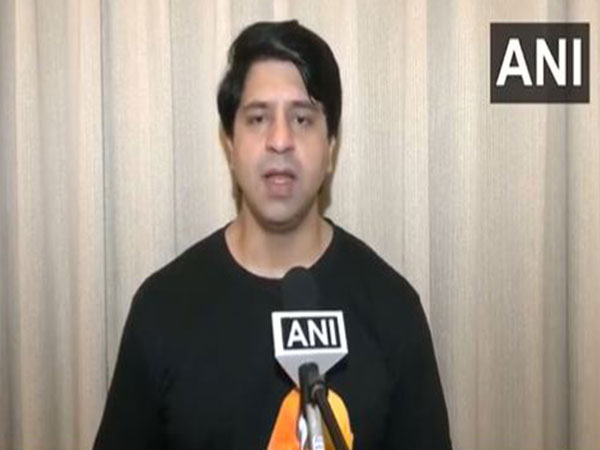Delhi's Pollution Crisis: 'Toxic Gas Chamber' Allegations from BJP Stir Political Debate
BJP spokesperson Shehzad Poonawalla criticizes the Aam Aadmi Party-led Delhi government for severe pollution levels, dubbing the city a 'toxic gas chamber.' He questions the ruling party's promises and actions regarding pollution control, as the national capital battles persistent poor air quality following Diwali festivities.

- Country:
- India
Shehzad Poonawalla, a BJP National Spokesperson, has publicly criticized the Aam Aadmi Party-government in Delhi due to escalating pollution, describing the capital as a 'toxic gas chamber.' Poonawalla notably challenged AAP's assurance to cleanse the Yamuna by 2025, even daring the leaders to swim in its polluted waters.
Poonawalla claimed, 'Delhi has turned into a toxic gas chamber since AAP took charge.' Highlighting Delhi's recent ranking as the world's most polluted city, he pointed fingers at the negligence regarding stubble burning in Punjab and bio-decomposers while attributing blame to UP and Haryana, as well as cultural practices like Diwali cracker use. He questioned, 'If Diwali was to blame, why does pollution persist?' Moreover, the BJP leader criticized the unchanged condition of the Yamuna River, mentioning a hefty Rs 7000 crore expenditure that has shown little results.
On the ground, pollution woes persisted over ten days after Diwali, with thick smog engulfing Delhi. The Air Quality Index (AQI) registered a 'very poor' 335, according to CPCB data early Sunday. In response, Delhi Environment Minister Gopal Rai convened a summit with key departments, calling for collaborative counter-measures while accusing BJP-ruled neighboring states of politicizing air pollution.
Health experts, including Dr. Nikhil Modi from Apollo Hospital, have observed an uptick in respiratory complaints, even among those without a history of such issues. Rising pollution has necessitated school closures to protect vulnerable children whose developing lungs are more susceptible to harm, although adults are generally better shielded with protective masks.
(With inputs from agencies.)
ALSO READ
Delhi's Air Quality Crisis Continues Despite Slight Improvement
Pollution Peaks: Chandigarh's Air Quality Crisis
Delhi Struggles with Air Quality Management Amidst Rising Pollution Complaints
Delhi's Air Quality Deteriorates: Alarming Metrics in the Capital
Congress Challenges Ministry on Air Quality Standards Review










